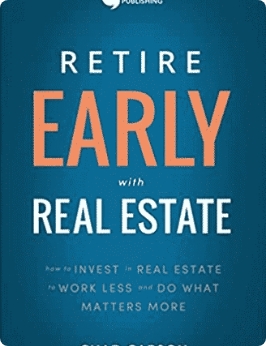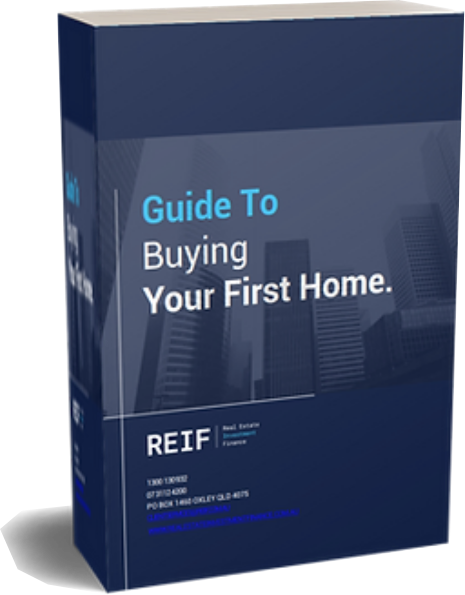Borrowers who can’t afford a sizable down payment can still qualify for conventional or Federal Housing Administration (FHA) loans, the two of the most popular loan options in the United States.
The government backs FHA loans, while conventional loans, on the other hand, are not provided or approved by the government. Since they have stricter restrictions than different loan types, FHA loans frequently benefit borrowers with verified records.
However, many businesses buy mortgages from lenders and either keep them or turn them into mortgage-backed securities (MBS) that investors can buy. Here we will briefly discuss the distinctions between conventional and FHA loans below headings:
Rating of Credit Scores
Before a loan is approved, a credit score rating must ascertain. A low credit score is 350-570, while a high credit score is over 800. Therefore, lenders of conventional loans demand a credit score of 620. Meanwhile, an FHA loan needs a credit score of 500. Remember that a lower credit score necessitates a larger down payment, so you should heed.
A person’s credit score is influenced by many factors, including timely payments, the types of credit, the duration of your credit history, and how you use it.
Up Front Paid
It would be best if you had a high credit score, a low debt-to-income ratio, and a down payment of at least 20% to qualify for a standard loan. However, not everyone can be eligible for this.
Also, you can obtain an FHA loan with a 3.5% down payment if your credit score is at least 500. Still, if it is 500-579, you will need 10% of your loan request, while a 3% minimum down payment is required for a traditional mortgage, but only for those with credit scores over 600 and sizeable savings.
Interest Rate
Every loan typically has a fixed or adjustable rate, and a period of 15-30 years is the most common. Therefore, the interest rate and loan length should be considered when choosing your type.
You have to remember that the status of the economy and the Federal Reserve all impact interest rates. When deciding your interest rate, you should also consider your credit history, the amount borrowed, and the down payment. Then expect:
- Reducing your monthly payment.
- Discount points in exchange for lower interest rates.
- The interest rates of FHA policies are frequently equivalent to conventional mortgage policies based on the same factors.
Limit on Loans
For conventional and FHA loans, you can only borrow your need. But once the limit has been reached, you cannot go above it. When you do, it’s a jumbo loan.
Jumbo loans are loans that do not conform to Federal Housing Finance Agency’s (FHFA) limits and cannot be bought, guaranteed, or packaged into securities. So, they go beyond what the FHFA has established as acceptable.
Different FHA loan limits may apply depending on where and what you want to buy. Seeking advice on the best loan is a great decision to avoid a lasting or lifetime mistake.
Contact Information:
Email: [email protected]
Phone: 9876543210













